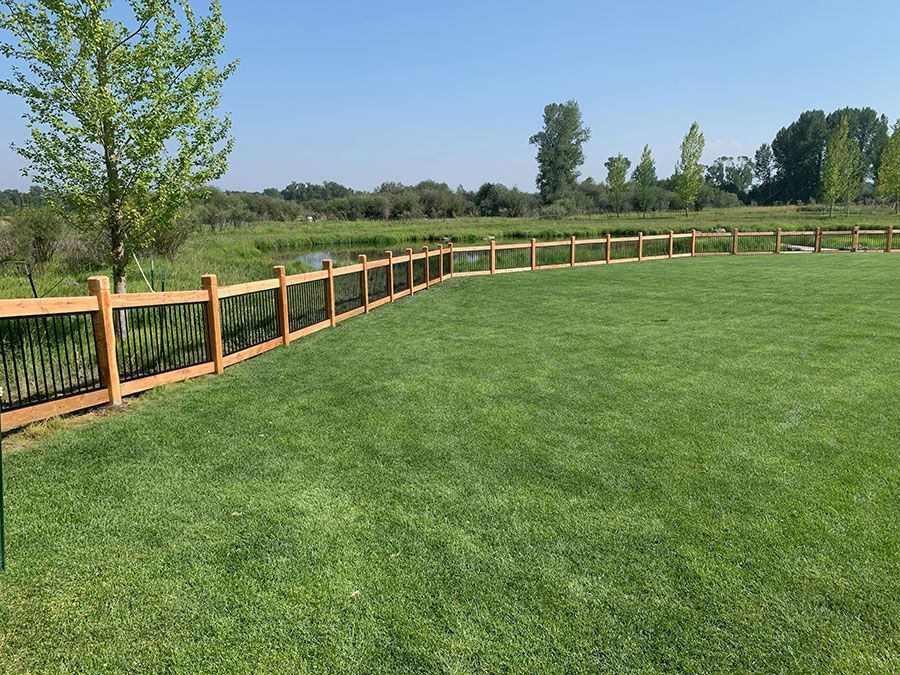Maintaining your fence doesn't always require a professional. With the right tools and a bit of know-how, you can handle many common issues yourself and save money. Here's how you can tackle basic fence care like a pro!
The Must-Have Tools for Fence Care
To get started with fence repairs, gather the necessary tools. Below is a list of must-haves for most basic fence maintenance tasks:
- Hammer – For repairing loose nails or fixing broken boards
- Screwdriver – Perfect for adjusting screws in both wood and metal fences
- Post Level – Helps keep your fence posts straight and secure
- Paint or Stain – Using paint or stain protects wood from the elements and prolongs its lifespan.
- Wire Cutters – Handy for trimming wire fences or cutting back overgrown plants
Step-by-Step Fence Repair Guide
Fixing a Loose Board
If you notice a loose or damaged board, fixing it is relatively simple:
- Remove any loose nails or screws using a hammer or screwdriver.
- Align the board with the rest of the fence and secure it with new nails or screws.
- Consider adding a corner bracket or additional reinforcement to ensure stability.
Tips for Sealing and Staining Wooden Fences
To protect your wooden fence and maintain its appearance, staining or sealing is essential:
- Clean the fence thoroughly, removing dirt, debris, and any mildew.
- Pick a stain or sealant that is designed for outdoor use.
- Evenly apply the stain with a brush or sprayer, working from top to bottom.
- Allow it to dry completely before putting the fence back to use.
Recognizing When You Need Professional Fence Help
Not every fence issue can be fixed with a DIY approach. While minor repairs like tightening screws or replacing boards are manageable, more complex problems may require a professional's expertise:
- Extensive structural damage, such as leaning posts or a sagging fence.
- Electric fences or high-security fences require specialized knowledge and should be handled by experts.
- Severe weather damage that could threaten the structural integrity of your fence.
If you’re not sure if you can handle a repair, it’s always safer to contact a professional. This can prevent costly mistakes and frustration.
